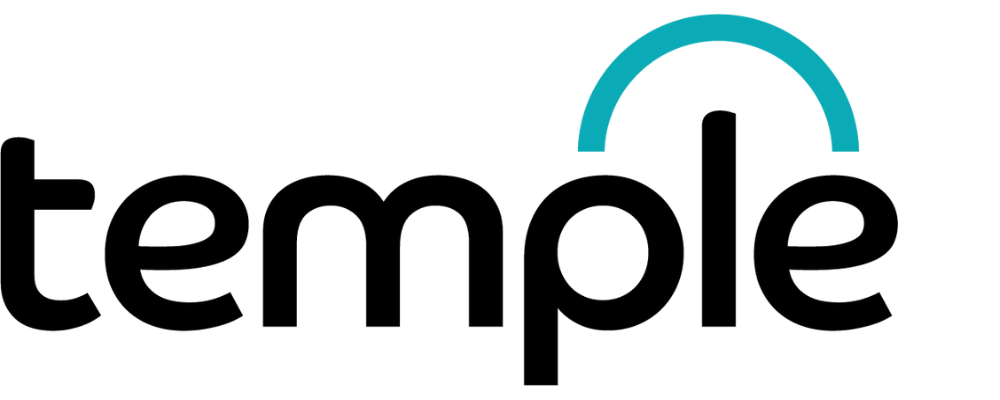Why ISO 19011 deserves a place in your Quality toolbox
Anticipating the next revision of ISO 19011
Many quality professionals are familiar with ISO 9001:2015 and are aware that an update is in progress, with publication expected in 2026. However, fewer realise that another key standard – ISO 19011, the guidance for auditing management systems – is also undergoing review. A new revision may be published as early as next year.
While the International Organisation for Standardisation (ISO) has issued over 25,000 standards globally, ISO 19011 holds particular significance. It provides a structured approach to auditing quality and other management systems – particularly for internal audits – and has been a critical yet underutilised resource since its introduction in 2002.
The Role of ISO 19011 in Internal Auditing
Historically, audits in manufacturing and other sectors were driven by external bodies – customers, regulatory agencies, or certification bodies – with objectives that often differed from those of internal audits. ISO 19011 was created to fill this gap by offering a dedicated framework for internal (first-party) and second-party audits, helping organisations design and implement effective audit programmes.
The guidance is centred around three core areas:
Audit programme management
The audit process itself
Auditor competence
Despite the breadth of ISO 19011, most training courses focus narrowly on the audit process, sometimes referencing audit principles but rarely addressing the equally vital aspects of audit planning or auditor capability. In many organisations, internal auditors are selected arbitrarily – sometimes simply sent for training with little consideration for their suitability. Yet ISO 19011 is clear: auditor selection should be based on defined personal behaviours, core competencies, and industry-specific knowledge.
Understanding Auditor Competence
Section 7 of ISO 19011 sets out key attributes required of auditors. These include:
Personal behaviours – integrity, objectivity, and the ability to communicate effectively
General knowledge and skills – understanding of audit principles and the organisation’s context
Industry-specific expertise – technical knowledge relevant to the processes being audited
For larger organisations, the standard also outlines the additional competencies needed for lead auditors who may be responsible for managing audit teams.
Competence is not a one-time achievement. ISO 19011 encourages ongoing development through continuous learning and periodic evaluation. It also highlights the importance of soft skills such as decision-making, critical thinking, and effective communication. After all, auditors often present findings that carry strategic significance, and must do so in a way that earns leadership’s trust and promotes action.
Audit Training: Gaps and Opportunities
Training formats for internal auditors vary widely – from brief online modules to extensive lead auditor courses. However, many of these focus on clause-by-clause breakdowns of standards or third-party certification processes, often overlooking soft skills and broader programme management.
Organisations should look beyond basic training and consider how best to equip auditors with the full spectrum of skills needed to perform meaningful, value-added audits.
Effective Audit Programmes: Moving Beyond the Calendar
A common misconception is that audit programmes must follow a fixed annual calendar. In fact, ISO 19011 allows for more dynamic scheduling. Audit frequency should be driven by:
Organisational changes
Risk levels
The importance of specific processes
Results of previous audits
For example, after securing a new customer contract, it may be prudent to audit the relevant processes more frequently during initial implementation to ensure that requirements are being met. ISO 9001 itself highlights the importance of responding to change and managing risk – both of which should influence the internal audit schedule.
Aligning with Management Priorities
One of the most effective ways to design a meaningful audit programme is to start by consulting with senior management. Their insight into which processes are most critical for meeting customer, regulatory, and business objectives ensures that audits are aligned with what truly matters. This also increases the likelihood that audit findings will be acted upon and drive improvement.
What’s Next for ISO 19011?
While we await the next revision of ISO 19011, significant changes are not anticipated. Nonetheless, organisations should prepare to review and adopt the updated guidance when it becomes available. It remains one of the most comprehensive resources for auditing management systems, yet many overlook its full potential.
For organisations aiming to move beyond routine, checkbox-style audits and develop a robust internal auditing function, ISO 19011 is an invaluable tool. At Temple QMS, we recommend that clients consider it not just as a reference document, but as a strategic enabler of continuous improvement.
Get ready to make ISO 19011 your go-to guide for internal auditing excellence.

